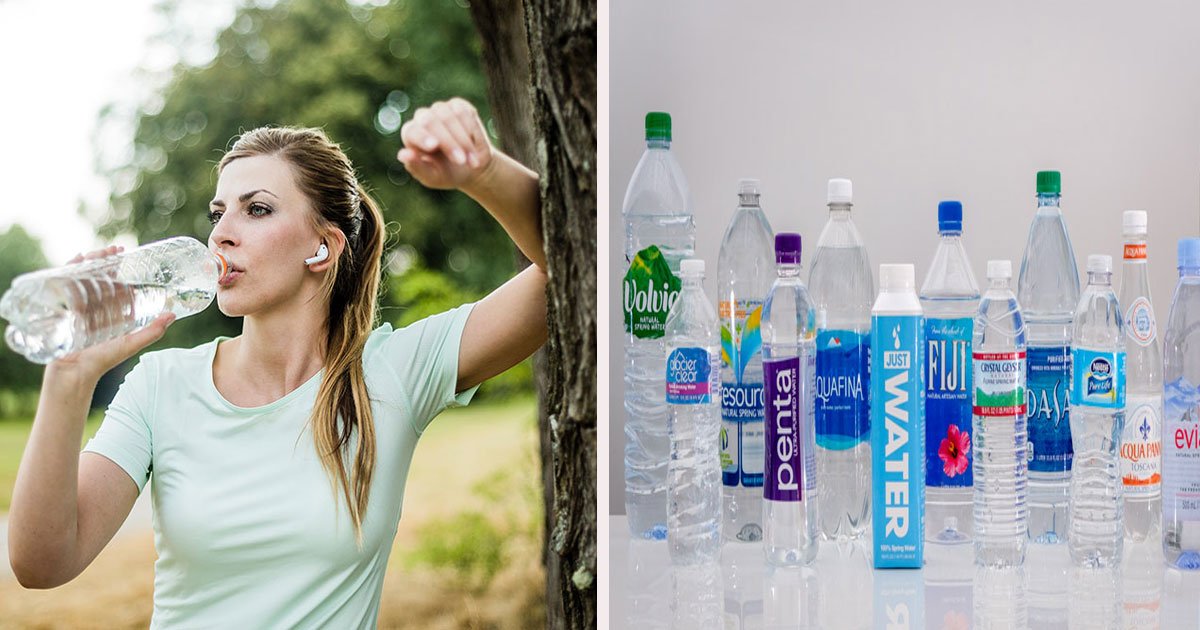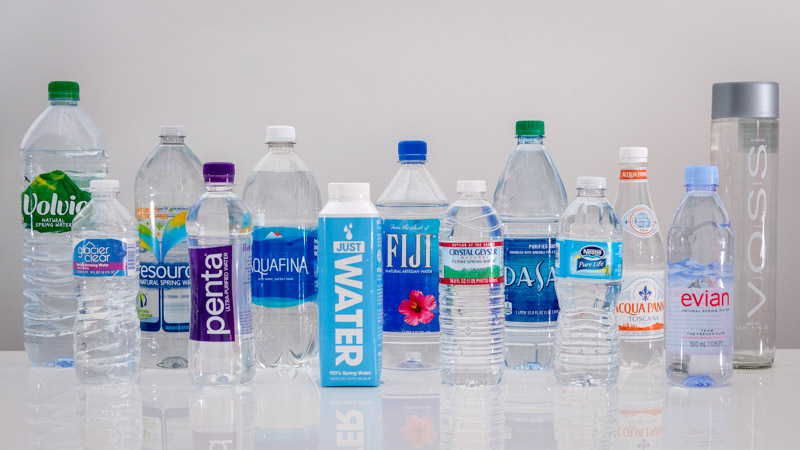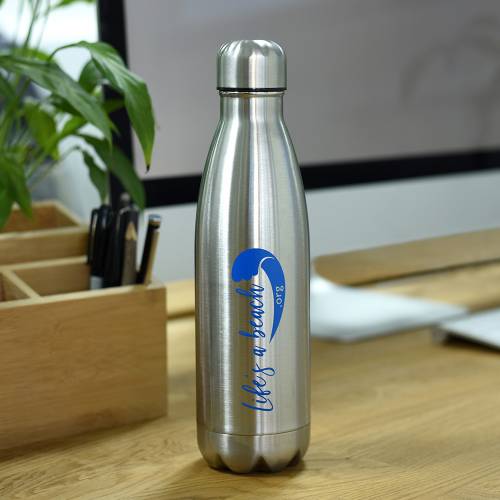Now, we should invest in a reusable water bottle and prefer filtered tap water.
According to a new study published this week in the journal Environmental Science & Technology, people who use disposable plastic bottles most of the time to drink water are adding up to 90,000 plastic particles, or “microplastics,” to their estimated annual total plastic intake, which, gross enough in itself, happens to average between 74,000 and 121,000 particles per year.
These particles, which can not avoid, found in everything from fish and shellfish to added sugars, salts, alcohol and even air, as proved by 26 previous studies that the researchers used to assist with their study.
We can’t call the study perfect because the researchers looked at only 15% of the average Americans’ caloric intake, these values are likely underestimates, they explain.
“Particle size is only mentioned in passing … and yet this has a massive effect on the data presented and the conclusions reached,” Professor Richard Lampitt, the leader of the microplastic research team at the National Oceanography Center in the United Kingdom, told Science Media Center.
“Many of the studies on which the study’s database is built will have failed to detect very small particles that some consider being ‘nano plastics and outside of this present study.'”
According to Alastair Grant, professor of ecology at the University of East Anglia in the UK, told Science Media Centre that “No evidence is presented that these rates of consumption are a significant danger to human health.
” Grant also noted that, while more than half the estimate includes particles that are inhaled, the research does not take into account the systems that our bodies have to remove particles from the air that we breathe.”
It needs more research to find the long-term effects of plastic in the body, but in the meantime, we should avoid drinking water from plastic bottles. We should prefer a stainless steel reusable bottle. It’s better for the environment too.
Recommended Video
“The Color Of Blood In Your Pad Will Tell You A Lot About Your Health”





